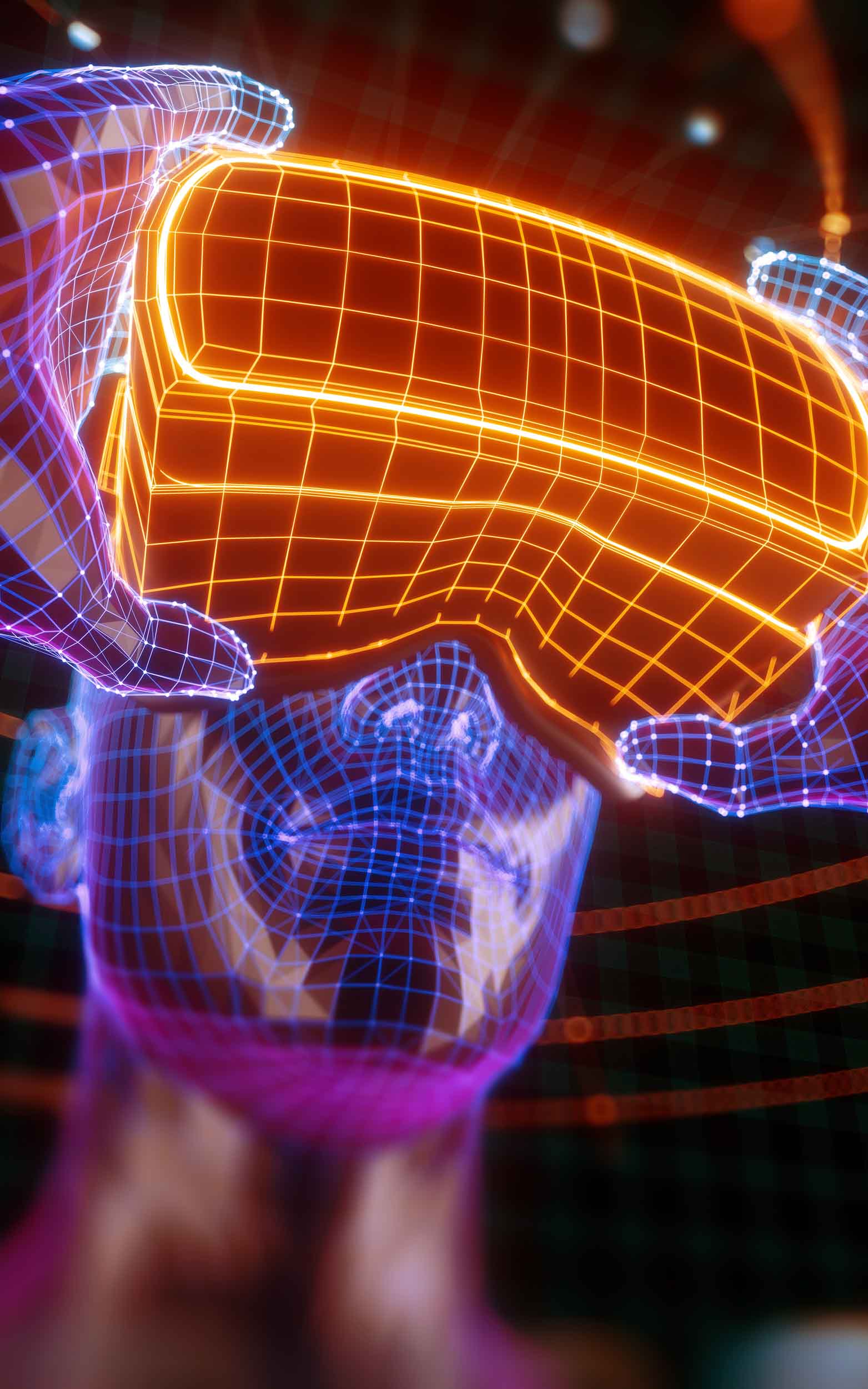In our recent #whiteboardwednesday, we had a look at the Metaverse and how it could impact and make a change to our workplace and day to day lives in the near future.
What is the Metaverse?
The novelty of the metaverse has brought about many different definitions of what it is.
We believe it is an ever-growing spectrum, a convergence between physical and digital lives. As we spend more time in a digital world, we will slowly reach a point in which both are defined as ‘real’.
What makes up the Metaverse?
- Devices and Hardware – AR/VR glasses/Laptops/Phone
- Infrastructure – The network and devices that help bridge the individual into the metaverse: 5G networks, edge computing, stream devices
- Content – How is the capability of the metaverse chosen, what kind of content can be created?
- Community – The network effect plays a large role in which where everyone will be residing in the metaverse – there could be multiple ones depending on content
- Currency – The method used to settle transactions for participation, content creation or commerce
What Metaverse technologies exist?
- AR & VR Technology – Augmented Reality (AR) and Virtual Reality (VR) can give us an immersive and engaging 3D experience
- AI for Automation in Metaverse – Artificial Intelligence (AI) has the potential to process a lot of data at lightning speed
- Blockchain technology in Metaverse – Blockchain technology provides a decentralised and transparent solution
- 3D reconstruction – Much like the Metaverse we imagined, buyers could look around potential new homes from anywhere and make purchases without even having stepped foot inside
- Internet of things – IoT – One of the applications of IoT on the Metaverse is to collect and provide data from the physical world
- Brain-Computer Interfaces – Brain-computer interfaces allow us to control avatars, various objects, and digital transactions with our brain signals
What are the pros of the Metaverse?
- Connecting the world and negating physical distance – The most notable advantage of the metaverse would is the fact that it completely makes geographic barriers irrelevant. Once you’re in the virtual world, your physical location doesn’t matter anymore, and you are no longer bound by it
- Immersive experience – You experience everything in the most immersive way which allows for more opportunities for both personal and business ventures
- Upgrading social media – Fusing the ability to create virtual spaces in the metaverse with the power of social media to create shared online worlds is a very powerful combination that will enable us to experience social media like never before
- Improvements to online learning and education – The physical location of the classroom no longer needs to be taken into consideration. People from around the world will be able to share information and study together in real-time in a hands-on educational environment
- Improvements to the work environment – The work environment has always taken advantage of new technologies. And the situation will be no different with the emergence of the metaverse and VR technology. Putting on VR glasses and joining the three-dimensional virtual simulation of your workplace from the comfort of home is an intriguing concept that will likely benefit many
What are the risk and limitations of the Metaverse?
- Malicious attack to take advantage of VR / lack of spatial awareness? In VR some people experience motion sickness, what happens if a creator embeds something intentionally to cause discomfort to the users? Or rendering a portion of the world to look bigger than it seems, so users collide with their physical objects at home
- If an individual or organization disagree with your views or simply want to be malicious, what is stopping them from making your journey uncomfortable? Identity and cyber bullying are threats even in existing applications and social media platforms
- Device and data vulnerability: If someone gets access to your device either physically or digitally (Code/Virus), could they retrieve your data and use it against you? What if hackers, gain access to hardware’s circuit board?
- Addiction to a simulated reality: The younger generation are spending roughly 8 hours on their devices every day, thanks to new social media, and increased content creation.
If people get immersed into the metaverse, it is possible for them to genuinely forget about the real world. This could potentially unveil a new mental illness in the future of not being able to cope with the real world

